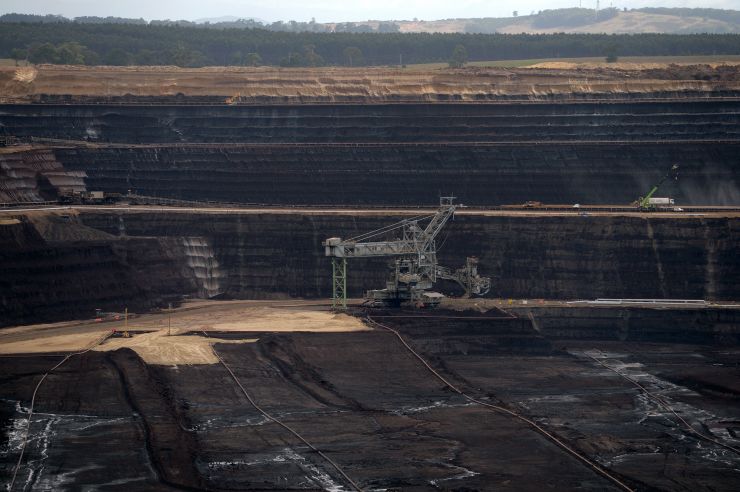
Australian shares rose to an 11-year high on Monday as Prime Minister Scott Morrison and the Liberal-led conservation government claimed victory at the national elections, after overturning opinion polls that had predicted a Labor victory.
Results on the Australian Electoral Commission’s website showed that Morrison’s coalition had won 77 seats out of 151 in parliament.
Bank, coal miners, property and healthcare stocks jumped, pushing the benchmark S&P/ASX 200 index to an 11-year high, after opening 1.7% higher and hitting its highest intraday level since 2007.
Those were among the sectors most affected by the campaign of the Labor Party, which had pledged to take strong action on climate change and property tax loopholes, for instance.
“A coalition win can be deemed a ‘surprise’ for investors and the upshot is that many tail risks that were potential consequences from what was a significant and wide reaching tax and policy reform agenda from the (Australian Labor Party) are now removed,” investment bank Morgan Stanley said in a note on Sunday.
Here are some sectors that jumped on Monday.
Coal miners
Coal stocks soared on news of Morrison’s victory.
Yancoal Australia surged 5.7%, New Hope jumped about 4%, and Whitehaven Coal rose about 2% on Monday morning.
The defeated opposition Labor party had ambitious targets for renewable energy, but Morrison rejected efforts to increase the use of renewables to generate electricity, arguing it would damage the economy which relies on coal-fired power and mining exports.
Climate change had been a divisive issue in the run-up to the election — and for years in the country. Battered by extended droughts, damaging floods, and more bushfires, Australian voters were expected to hand a mandate to the Labor party.
But the energy sector may yet see more uncertainty ahead, experts said.
“Given that several of the new centrist cross-bench members have promised strong action on climate change, we may see Morrison caught between his own party’s right-wing and the independents keeping the government in office,” said Sam Roggeveen, director of the Lowy Institute’s International Security Program.
The pressure on coal miners has probably eased, but a wait-and-see approach should be taken for energy policies, John Milroy, an investment advisor at Australian private wealth management group Ord Minnett, told CNBC Monday.Banks
The financial subindex jumped more than 5% on Monday.
Shares of Australia’s biggest lender Commonwealth Bank of Australia jumped about 6% and National Australia Bank surged 6.63%. Australia and New Zealand Banking Group also rose 6.46%, while Westpac soared 7.16%.
The financial sector had been under tremendous pressure following an investigation into its practices, which exposed shocking revelations of wrongdoing in the sector. The Royal Commission — a government-appointed committee which led the investigations — later recommended a clean-up of the sector.
But analysts had suggested the Labor Party might have taken a harder stance on the banking sector, than Morrison’s coalition party.
“It’s all about the regulations, what markets are expecting might come from a harder line taken (from) the recommendations by the Royal Commission. That seems to have come off the banks today, with the likely success of the coalition government,” Milroy said.Real estate
Labor had campaigned on a promise of closing tax loopholes for owners of investment properties, and that could have battered housing prices — already in decline — even more.
Following the election surprise, property-related stocks bounced.
Property classified ads company REA Group was up 7% and shares of its rival, Domain Holdings Australia, rose 3% in early trade. Construction firm Lendlease Group bounced about 1%, while property developer Stockland jumped over 4.5%.Health care
Shares of the country’s biggest private health insurer Medibank Private were up 10%, while smaller NIB Holdings was up 9% in morning trading after the preliminary election results.
The Labor Party had pledged to limit the price increase of private health insurance premiums at 2% for two years, a move that would have weighed on the insurers’ earnings.

